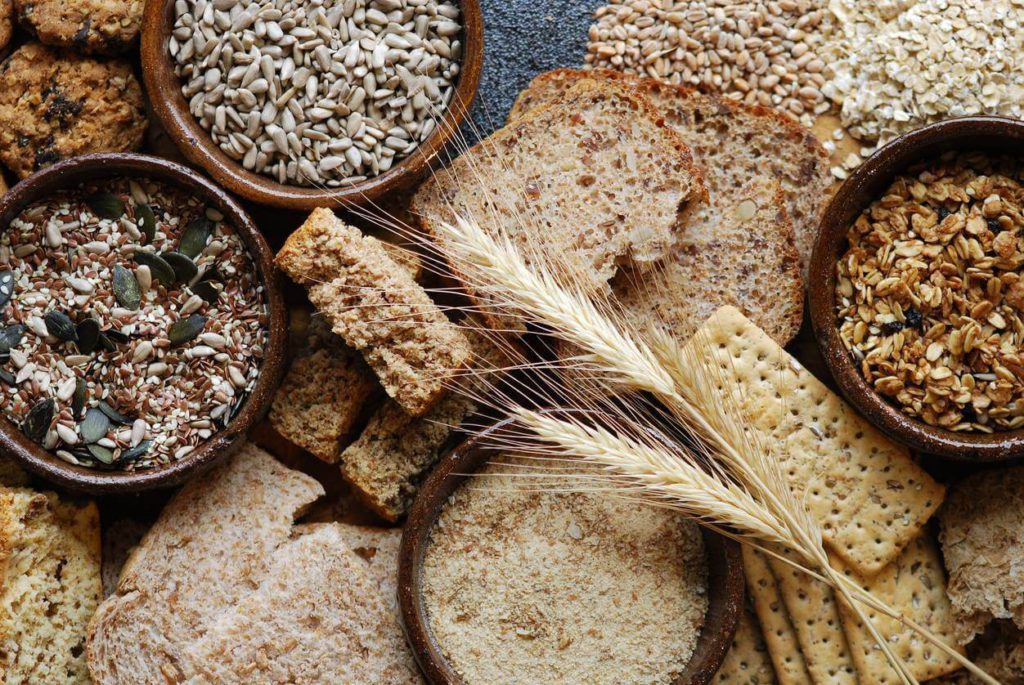Fibre is important for overall health since it helps to regulate bowel motions, manage weight, and promote heart function. According to the Harvard School of Public Health, the recommended daily intake of fibre is 20-30 grams (g). While an acceptable upper limit for fibre intake has not been established, experts recommend 25 to 38 grams per day. If you’re still not getting enough fibre to meet your daily recommendations, consider using a supplement.
If you are taking any medications (such as ibuprofen), check with your doctor to see if you can start taking fibre supplements. To experience the full benefits of fibre, take your supplement a few minutes before meals.
You can choose a dietary fibre powder supplement that is taken with a liquid, such as water. This powdered variety can also be added to dishes such as oatmeal, yogurt, applesauce, or homemade muffins. Supplement forms are often derived from chicory root and are typically 100% soluble fibre.
If your goal is to maintain metabolic health and lower cholesterol levels, aim for soluble fibre supplements; if you need a supplement that provides a laxative effect, go for the insoluble types. Soluble fibre, which dissolves in water as a gel and is found in foods such as oatmeal, nuts, and beans, helps control blood sugar and may lower cholesterol. Fibre, including both soluble and insoluble fibre, is naturally found in foods such as fruits, vegetables and whole grains, and in dietary supplements.
Dietary fibre is best known for regulating the digestive system, but adequate fibre intake may also reduce the risk of chronic diseases, including type II diabetes, heart disease, and certain types of cancer. The Institute of Medicine recommends 19 to 38 grams of dietary fibre per day, depending on gender and age; however, most Americans do not follow these rules. People on a very high fibre diet should avoid additional fibre intake, as excessive intake can lead to diarrhea and therefore reduced absorption of minerals, vitamins, and energy.
The Safety of Supplements While there is no evidence that fibre supplements are harmful, it is best to get fibre from natural sources so you can make better use of the health benefits provided by dietary fibre.

Whether you are increasing your fibre intake using supplements or on a high fibre diet, be sure to increase your fluid intake as you increase your fibre intake. It is important to note that fibre build-up too quickly or without enough fluid can cause gas or bloating. If your body is not used to getting enough fibre, taking the supplement can make digestion difficult, leading to unpleasant side effects. Furthermore, too much fibre might lengthen and exacerbate the aforesaid symptoms, according to Kari Pitts, a Registered Dietitian with Preg Appetit.
For this reason, people with malnourished or low-fibre diets (low in vegetables, fruits, whole grains, nuts, and seeds) may often need additional fibre to make up for deficiencies and support digestion. and gut health. The following details will show you how to acquire this quantity of fibre in your diet by taking dietary supplements. If you don’t eat or don’t receive enough food, there are a variety of fibre supplements that can help you boost the quantity of fibre in your diet. Fruits, vegetables, whole grains, legumes, nuts, and seeds are high in fibre, and while they can best meet dietary needs, supplements may be a beneficial way to increase your intake.
It’s best to get fibre from food because, unlike fibre-rich foods, supplements do not contain vitamins, minerals, or other nutrients. There’s no denying that you need fibre to maintain a healthy body, but the fibre you get from supplements often doesn’t compare to the fibre found in whole foods. This is because fibre-rich foods also contain other important nutrients, not just individual fibres.
Natural fibre sources used include lignin (a compound found in plant cells), cellulose (a sugar found in plant cells), pectin (a sugar found in fruits and berries), and peel, plantain (the only dietary fibre found to be has been shown to help lower levels of “bad” LDL cholesterol). Common industrial fibres include polydextrose, polyols, and maltodextrins.
Methylcellulose is the most popular non-fermentable fibre; this means it is less likely to cause indigestion. Methylcellulose supplements are usually 100% soluble fibre and do not cause indigestion. However, this is unlikely to resolve existing digestive issues such as constipation or diarrhea.
It also contains gut and overall health benefits, including probiotics and omega-3 fatty acids. Garden of Life Raw Organic Fibre does not contain psyllium, so it may be a suitable choice for those who are sensitive or allergic to psyllium. Psyllium supplements include Metamucil fibre tablet and fibre powder.
You can choose a fibre supplement that contains solely soluble or insoluble fibre, or a combination of both, depending on why you want to take one. When fibre supplementation is recommended, it is clinically proven that only soluble, non-fermenting, gelling fibre provides all the health benefits normally associated with fibre supplementation. Psyllium has a unique combination of soluble and insoluble fibre, when most other nutritional supplements only have one. Psyllium husk contains both soluble and insoluble fibre, making it a great choice if you suffer from constipation (since most supplements only contain soluble fibre, which attracts water but doesn’t wash it out of the digestive tract).





WORKOUTS
Healthy Mind
How Pets Boost Emotional Well-being
Healthy Mind
Pursuing Excellence in Healthcare
Healthy Mind
Importance of Patient Safety Awareness
Healthy Mind
Steps to Achieve a Healthier Lifestyle
Healthy Mind
Dos and Don’ts of Gardening
Healthy Mind
A Journey To Inner Beauty
Healthy Mind
Why Do I Need A Bicycle Bag